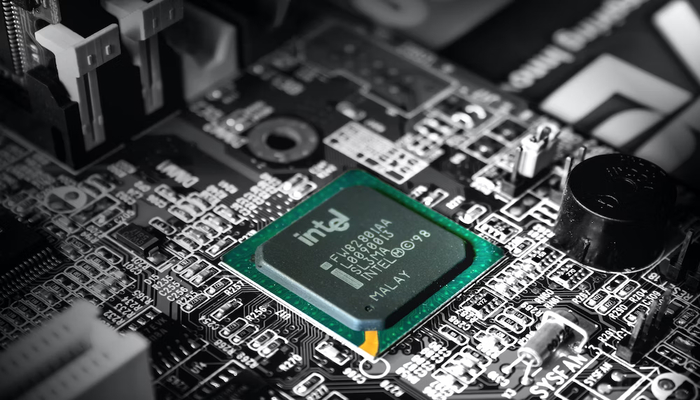
In view of the probability of the US expanding sanctions on China's chip industry, flocks of Chinese semiconductor design companies are asking Malaysian firms to assemble their high-end chips.
With some contracts have already been agreed, graphics processing units (GPUs) are primarily what Chinese companies are asking Malaysian chip manufacturers to assemble, Reuters quoted sources familiar with the matter.
Washington has increasingly imposed restrictions on their sales as well as on sophisticated chip-making equipment in order to minimise China's access to high-end GPUs, which the US fears could pave a fostering pathway for China to become a competent contender in various areas against it.
Read more: Missing files? Google Drive's latest update has your back
Small-scale Chinese chip-makers are struggling to secure sufficient advanced packaging services at home, analysts said.
Although not subject to U.S. export restrictions, advanced packaging of chips is an area that requires sophisticated technology and can improve chip performance.
Malaysia is considered a hub in the semiconductor industry and is well-placed to attract more business.
Unisem and other Malaysian chip packaging companies have observed growing business from China.
Unisem Chairman John Chia said, "Due to trade sanctions and supply chain issues, many Chinese chip design houses have come to Malaysia to establish additional sources of supply outside of China to support their business in and out of China."
Chinese chip design firms also see Malaysia as a good option because the country is perceived as being on good terms with China, is affordable, with an experienced workforce and sophisticated equipment.
Asked whether accepting orders to assemble GPUs from Chinese firms could potentially provoke U.S. ire, Chia said Unisem's business dealings were "fully legitimate and compliant" and the company did not have the time to worry over "too many possibilities".
He added that most of Unisem's customers in Malaysia were from the US.
Malaysia: A hub of semiconductor supply chain
Owning around 13% of the global market for semiconductor packaging, assembly, and testing Malaysia now aims to boost that to 15% by 2030.
Chinese firms that have announced plans to expand in Malaysia include Xfusion, a former Huawei unit, which said in September it would partner with Malaysia's NationGate to manufacture GPU servers - servers designed for data centres and used in AI and high-performance computing.
Like China, JCET Group, the world’s third-largest chip assembly and testing company, acquired an advanced testing facility in Singapore in 2021.
Other countries such as Vietnam, the US, Germany, and India are also seeking and have pledged to expand further into chip manufacturing services. The US-based Intel, and Germany’s Infineon announced to invest $7 billion and $5.4 billion, respectively, to expand their chip-making plants in Malaysia.
















